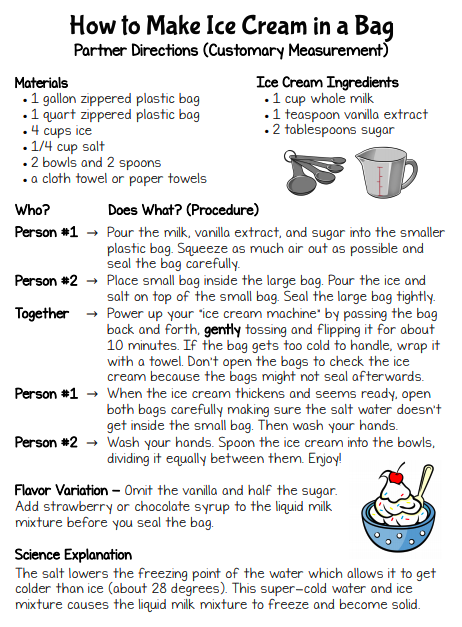
How Extracurricular Activities Boost Social Skills
By bciholdings | Summer, Social Skills, Activities, School | No Comments
When beginning therapy, addressing your child’s social skills is often a perfect place to start. As we teach early social skills and more complex social skills as your child grows, practicing at home can be the perfect environment to learn the basics. As your child’s social skills improve at home, it is important to provide them with opportunities to practice those skills with other kids their age and in different environments. BCI offers telehealth social skill groups weekly and participation in these groups can be very meaningful. If you are interested in participating, speak with your BCI clinician about days and times. If the telehealth groups don’t work for your schedule, or if your child is ready for something more complex, then enrolling them in an extracurricular activity is a great option!
The Benefits of Extracurricular Activities
Extracurricular activities provide your child with the opportunity to practice the skills they have learned in session in a very natural setting. The skills that they have practiced in therapy or in BCI’s virtual social skills group can be used to facilitate independence in the community. Follow your child’s interests and enroll them in an activity that they will enjoy. Ask the organization if you can attend a few sessions before signing up to ensure that your child will like that activity. Beginning something new may be a challenge, but the benefits of extracurricular activities really are abundant! Your child will be exposed to an increased number of social experiences that are hard to replicate in the home setting. These opportunities not only allow for practice but for opportunities to succeed.
Don’t forget to include your ABA team! We can help prepare your child for participation and even attend some sessions with them.
Social Skills Supported by Extracurricular Activities
- Making and keeping friends
- Conversation skills
- Flexibility with routine
- Tolerance of differing opinions
- Nonverbal communication
- Coping skills

Looking for Extracurricular Activity Ideas?
Sports and Athletics
Baseball
Soccer
Football
Gymnastics
Karate
Bowling
Golf
Tennis
Music
Choir
Band
Orchestra
Group lessons
STEM Groups
Math & Science clubs
Computer clubs
The Arts
Community Theater
Art classes
Tap
Ballet
Jazz
Hip Hop
Summer Camps
Regular Play Dates
After School Programs
Boys & Girls Club
YMCA
Youth Camps








